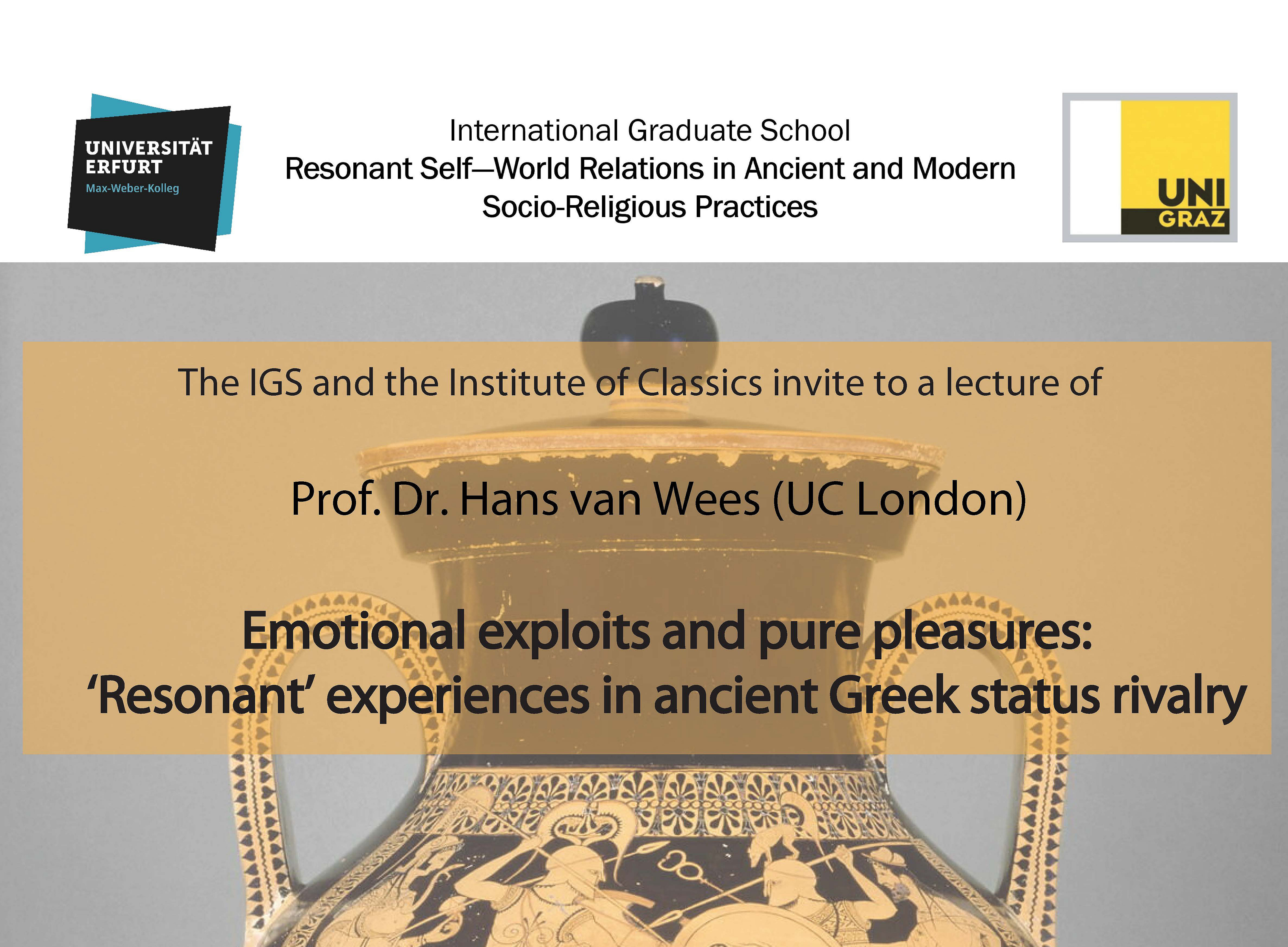One way in which ‘resonant’ experiences can shape the relation between self and world is by creating hierarchy, separating as superior and inferior those who are capable of having such experiences and those who are not. An early analysis along such lines was offered by Thorstein Veblen’s A History of the Leisure Class (1899) who suggested that in ‘primitive’ societies an ideological line was drawn between the warrior elite whose lives were shaped by ‘exploit’ – exciting, important, dangerous, memorable and hence highly resonant activity – and a subordinate population confined to monotonous, insignificant ‘drudgery’. His point was not about the realities of their lives but about the warrior elite’s self-justifying claim that their lives and experiences were of a superior order of meaningfulness from those of their subordinates. Similarly, he argued, the leisured elites that succeeded them in 'civilised’ societies up to and including the nineteenth century laid claim to a whole range of significant, meaningful experiences, not least the ability to create and appreciate High Culture, to which the lower classes had no access – whether for lack of financial means or adequate education or, supposedly, for lack of innate intellectual and emotional capability.
In previous work, I have suggested that rivalry for superior status has been a fundamental dynamic for change in history, especially when the ‘losers’ in such competition seek to gain position by developing new ideas about what qualities or assets matter most in determining superiority (‘Rivalry in history: an introduction’, in N. Fisher and H. van Wees, eds., Competition in the Ancient World, 2011, 1-36). It seems helpful to extend this model by prominently including ‘resonant’ experiences alongside material assets and personal qualities among the objectives of status rivalry, and indeed as perhaps the most meaningful reward of such rivalry. Seen from this angle, some of the major cultural developments in ancient Greek society appear in a new light.
This lecture will explore two ways in which early Greek elites cultivated ‘resonant’ experiences as a means of defining their position in the world. The first way was by the intensification of emotions surrounding the experience of war and death in battle for high-status men, as reflected in Homeric epic and funerary rituals. Its counterpart was the denial of such resonance to the military experiences of low-status men. As a more egalitarian form of warfare developed, these emotive elements were played down and war was increasingly presented as merely a ‘risk’ and a matter of shared civic duty. A second way of cultivating exclusive resonance was by creating a lifestyle of ‘luxury’. Unlike the modern perception of luxury as an ostentatious display of wealth, the Greek concept of luxury focused on the range and intensity of sensual pleasures that wealth could afford, through intoxication, music, dance, scents, and sexual intimacy – all enjoyed by the elite to a degree that the less wealthy were unable to share. As this lifestyle became more widely affordable, the enjoyment of such pleasures was rejected as self-indulgent and the life of pleasure routinised and contained by self-discipline. The lecture will in conclusion briefly consider what rival forms of resonance in religious and civic life, if any, opposed and replaced the heightened experiences of war and luxury that set early Greek elites above others.
